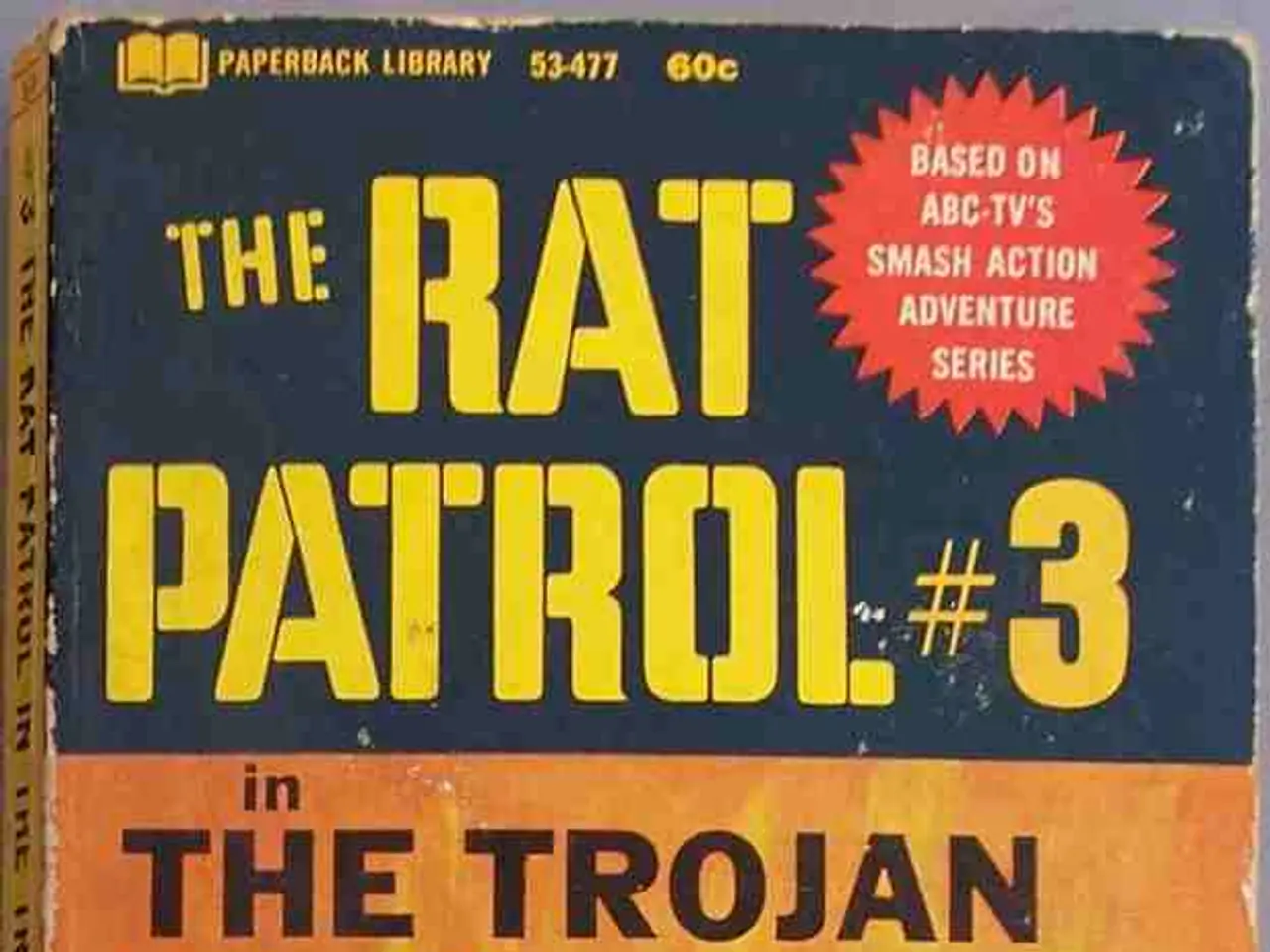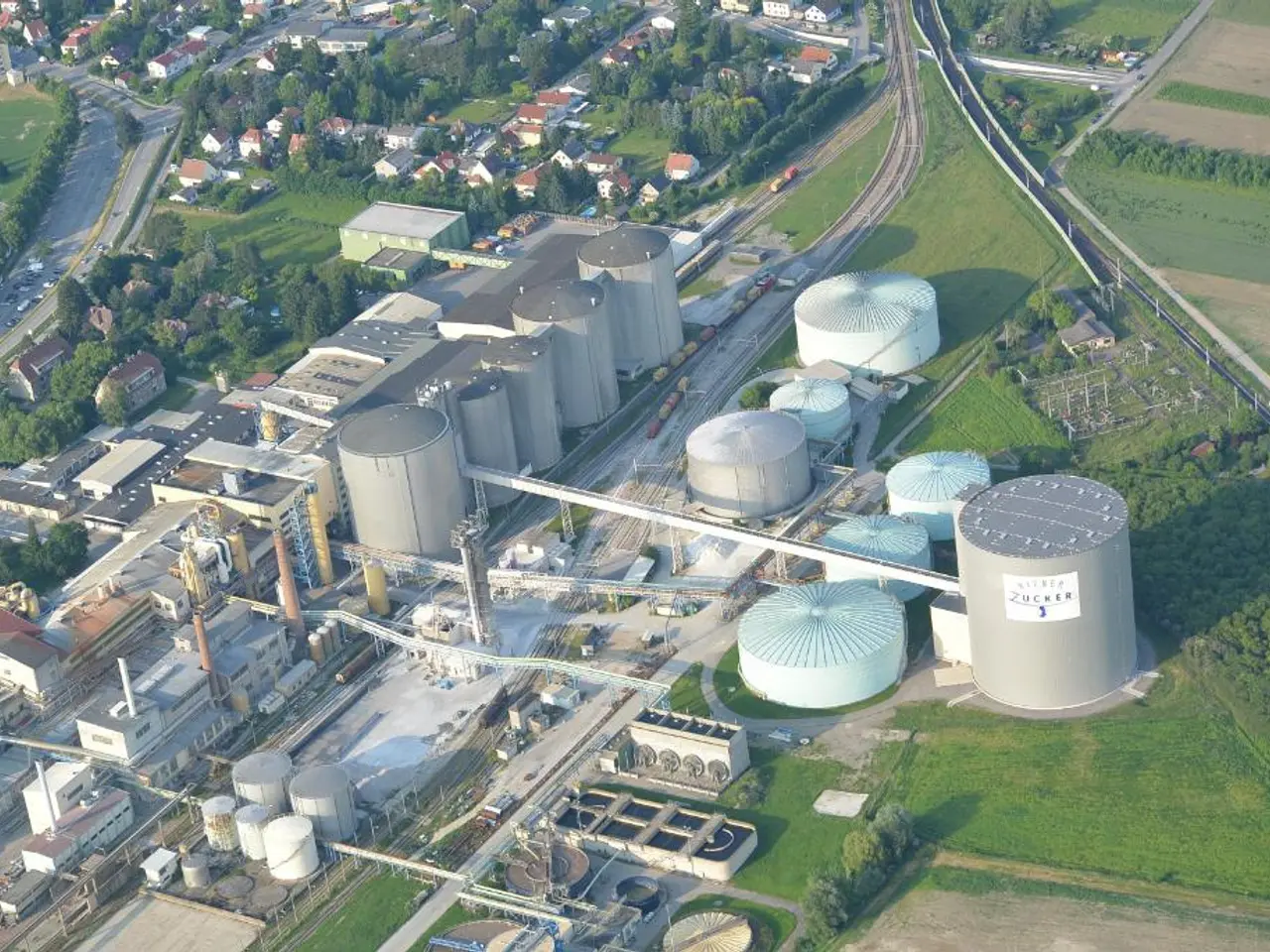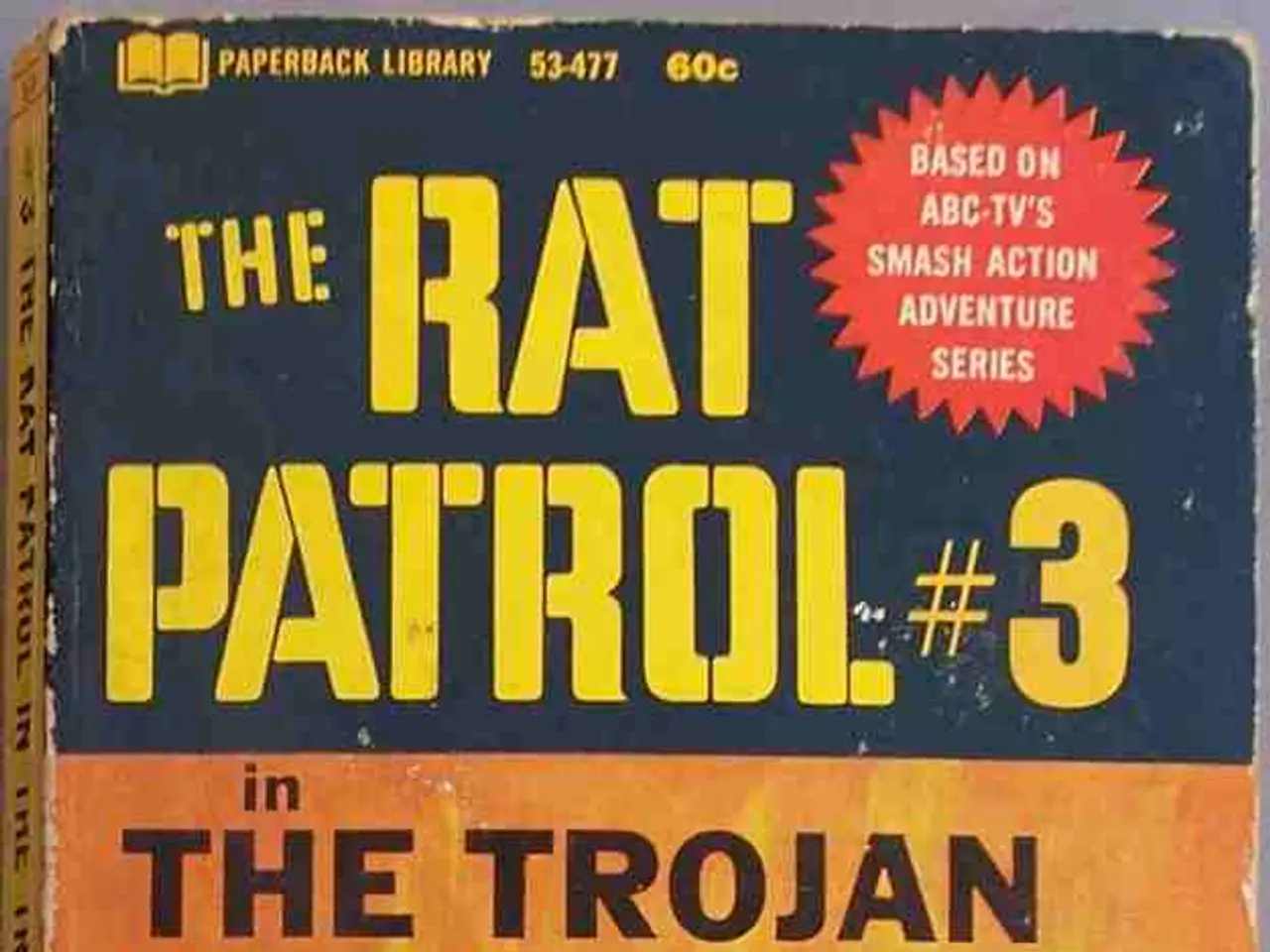Countries within the Organization of American States (OAS) vow to reinforce the security operation in Haiti, as armed conflicts intensify.
In a recent move, the Organization of American States (OAS) has approved a crucial resolution to bolster the Multinational Support Mission for Security (MSS) in Haiti, aiming to combat the surging violence from armed gangs. This resolution, unanimously endorsed during the 55th General Assembly in Antigua and Barbuda, enjoys backing from the UN and financial support from the United States. Led by Kenya, the MSS seeks to strengthen the Haitian National Police, crippled by gang power, and facilitate conditions for "free and fair" elections in the country.
However, the OAS's capacity to address Haiti's urgent needs has come under scrutiny from the US, with Under Secretary of State Christopher Landau questioning its effectiveness. Landau hinted at reviewing the US's continued membership in international organizations, including the OAS, expressing dissatisfaction with the organization's failure to yield substantial results in tackling the institutional collapse and violence in Haiti.
Meanwhile, Cuban dissident Rosa María Payá was elected as the new commissioner for human rights. Payá, who has long fought for freedom and human rights in Cuba, stated her pride and hope following her election. The escalating violence in Haiti has led to at least 2,680 deaths from internal armed violence between January and May, with more than 5.7 million suffering from severe food insecurity. The security situation has caused a mass displacement crisis, with approximately 1.3 million people forcibly displaced, over half of them children.
Additionally, the MSS mission faces numerous challenges, including shortfalls in personnel, funding, and equipment, hindering its effectiveness against the entrenched gang violence and broader humanitarian crisis. The US Embassy continues to advise against travel to Haiti due to the escalating assassinations, kidnappings, and clashes between gangs and security forces. As international pressure mounts for a sustainable and coordinated solution, the OAS's Secretary-General has been tasked with presenting a consolidated action plan for Haiti in July.
In parallel, the Trump Administration announced the end of Temporary Protected Status (TPS) for over half a million Haitians, forcing them to leave the United States before September 2nd. The decision has sparked concern among humanitarian organizations and migrant advocates, who fear a crisis of returnees without protection in an extremely insecure context. Despite the environmental conditions in Haiti improving "sufficiently," widespread violence and displacement remain unaddressed in the official statement from the Secretary of Homeland Security, Kristi Noem.
(Insights from enrichment data: The MSS was initiated on June 25, 2024, with around 1,000 personnel from countries such as Kenya, Jamaica, Belize, Bahamas, Guatemala, and El Salvador. Violence remains rampant despite the MSS, with the mission largely confined to its base near the Toussaint Louverture National Airport, which has been closed since November 2024. The police officers have been seen on patrols and in convoys in the area around Port-au-Prince and surrounding regions.)
- The average number of deaths from internal armed violence in Haiti between January and May has exceeded 2,680, and the general news continues to reveal an escalating general-news crisis, including crime-and-justice issues such as assassinations, kidnappings, and clashes between gangs and security forces.
- Despite the OAS's efforts to bolster the Multinational Support Mission for Security (MSS) in Haiti, policy-and-legislation decisions, like the Trump Administration's termination of Temporary Protected Status (TPS) for over half a million Haitians, have raised concerns within the international community and humanitarian organizations.
- The MSS, launched on June 25, 2024, with around 1,000 personnel from various countries, has faced numerous challenges, including shortfalls in personnel, funding, and equipment, making its impact on combating war-and-conflicts in Haiti, such as the entrenched gang violence and broader humanitarian crisis, generally ineffective.








